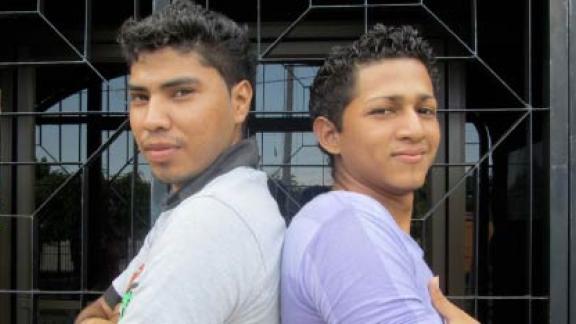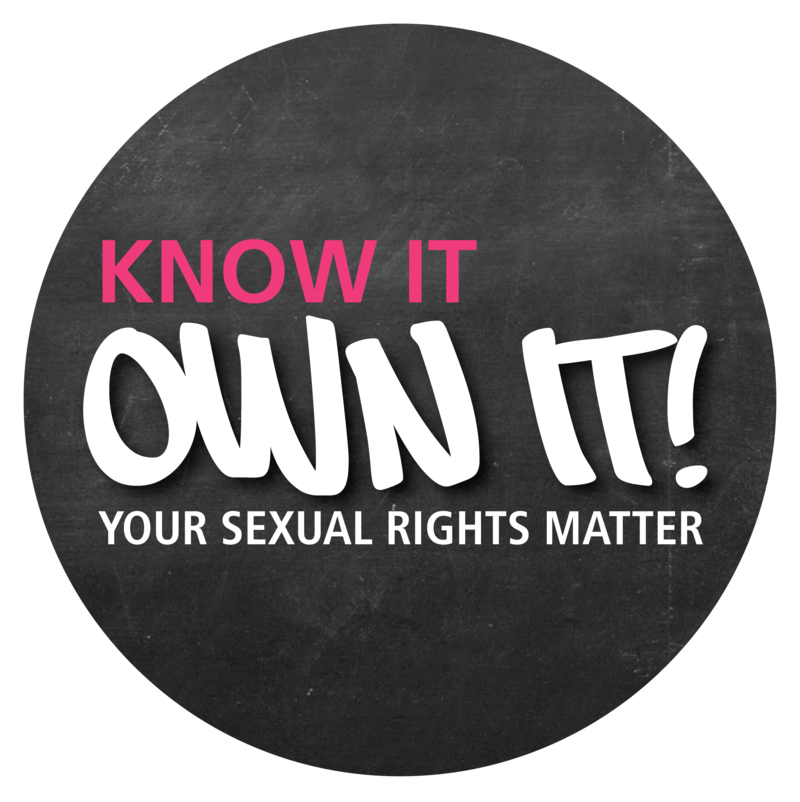Watch the accompanying video report by the young people involved!
Love, sexual rights and young people: learning from our peer educators how to be a youth-centred organisation
celebrates the involvement of young people in planning, implementing and evaluating activities
describes a participatory assessment methodology used in a multi-country project
assesses the achievements of the A+ programme
advocates for innovative strategies for all, including marginalised groups
recommends using a gender-equity lens in all aspects of activity delivery
Young people in these case-studies highlighted how marginalisation and exclusion affect young people’s sexual and reproductive health and rights. Peer educators identified groups of people who are particularly vulnerable, such as those living in rural areas and urban slums, and those involved in drugs, sex work and hard labour. The participants suggested new approaches combining income generation, education, access to services along with confidence building, and improving communication between girls, boys and adults in communities.
A comprehensive report on a multi-country project: providing youth-friendly sexual and reproductive health services and comprehensive sexuality education; and advocating for the creation of safe spaces for young people.
A youth centred approach to thinking, planning, management, programming and change is a way of working which promotes organisational development; and ways of working that are holistic, integrated, and not based on an issue or a target group.
Many of the member associations involved young people in all aspects of the programme. In all settings young people worked alongside the programme staff to evaluate the impact of the project and to learn the best way in which to involve young people at all levels of youth programming.
Work on sexual and reproductive rights is transformational, both psychologically and emotionally, when services expand beyond clinical treatment of illness alone. Sexual and reproductive health services can provide space where young people feel included, listened to, and able to express their concerns about relationships and sexual choices.
Organisational issues are addressed including sustainability, communication, accountability, efficiency, effectiveness, financial issues and equity.
Includes:
- a case study of an A+ project in Benin: ‘Rights and realities: strengthening adolescent sexual and reproductive health and rights in Benin’
- a case study of an A+ project in Kenya: ‘No shame in reality: young people open up about sex, health and relationships in Oyugis, Kenya’
- a case study of an A+ project in Nepal: ‘Hesitating at the door: differences in perceptions between genders and generations on sexual and reproductive health and rights in Kaski, Nepal'
- a case study of an A+ project in Nicaragua: ‘The better option: young people’s participation in sexual rights and services in Nicaragua’
- a list of indicators to measure organisational commitment to youth programming
- a list of how things would be for young people in an ideal world
- a chart comparing the characteristics of an organisation beginning its journey towards being youth-centred and an organisation that is youth-centred
when
Subject
Comprehensive Sex Education, Gender equality










